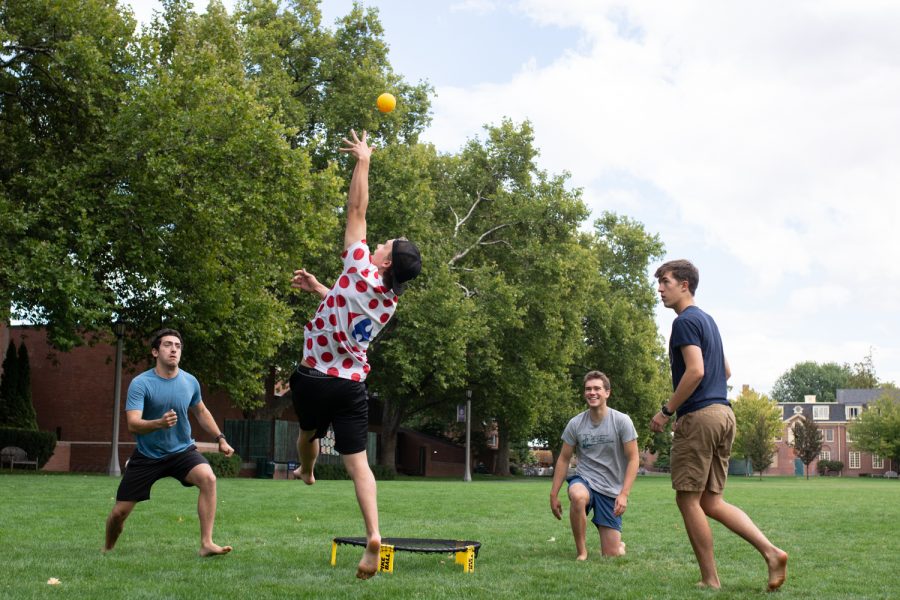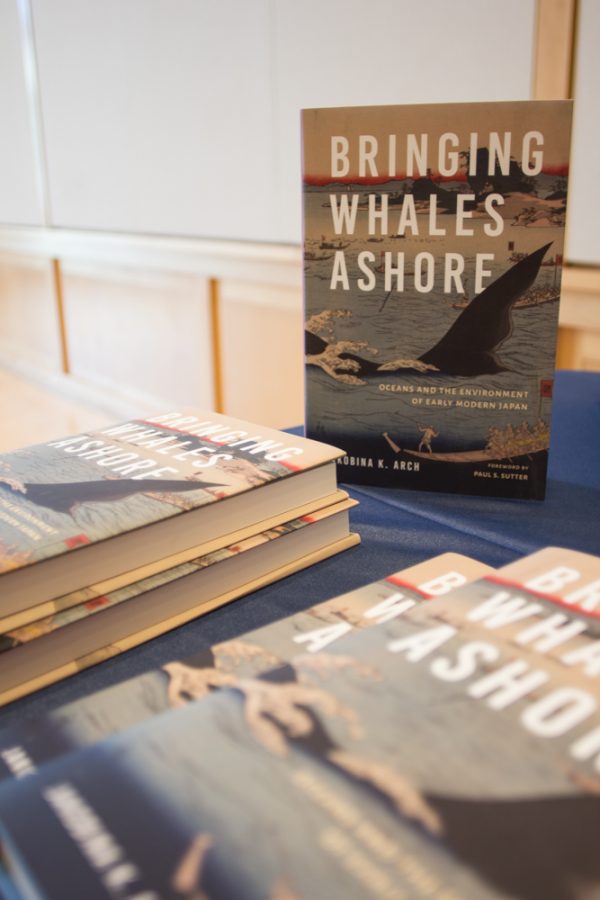
الØولي باع باع
مايكو ما يشبع
Hauli Ba’h Ba’h
Ma yakul ma yashb’eh
The ram goes baa baa
He eats, but he doesn’t feel full
Okay, readers: it’s quiz time.
Name two Muslim holidays.
Ramadan?
Okay. One down. Is that the only Muslim holiday you know?
Probably, if you’re anything like me.
My time in Morocco continuously reminds me of my ignorance of Islam. And it’s crazy to me that, as a secular Jew, I can sing along to Christmas songs, have a decent understanding of the history of Christianity and Christian holidays, and even have attended my share of multi-denominational services and masses, but I can’t even name one Muslim holiday outside of Ramadan. I’m missing one heckuva large piece of the monotheistic pie.
Last weekend I had the privilege of experiencing first hand one of Islam’s biggest holidays, Eid al-Adha (also known as Eid Kabir, the big holiday, or, simply, Eid). This holiday falls on the end of the Hajj, the annual pilgrimage to Mecca, and it commemorates Abraham’s almost-sacrifice of Ishmael. (There’s a Judeo-Christian rendition of this exact story, but with Isaac in Ishmael’s place.)
It’s like what Christmas is for Christians, and what Passover is for Jews. Because Morocco is a Muslim country, it is also a national holiday, making it very similar to Thanksgiving. Train stations are packed with people going back to see their family for the long weekend.
Here’s the kicker: in the spirit of Abraham, celebrating Eid revolves around the family sacrificing a live ram (or a goat, or a camel, or something equivalent). Portions of the ram are given to charity and extended family, and the hide may be sent to the tanneries to make leather, but everything else is eaten by the family.
Eid is celebrated by nearly every Muslim family in Morocco, regardless of degree of religiosity. My host family, who I would describe as more observant than others, had their own hauli living right outside my bedroom door the few days before the holiday. A couple of young Moroccans I talked with, both living in less religious Muslim homes, also said that their family would be sacrificing a ram.
The concept of killing an animal, even for a religious reason, was off-putting for me at first, despite the fact that I do eat meat on a regular basis. What’s wrong, then, with seeing the process of making meat; of turning life into death, in order to support more life? But before Eid, I had never seen an animal killed. Meat has always appeared as slabs of food, not pieces of an animal. I have two images of a chicken wing: a wing that I can eat, and a wing that is used in flight. I think that my distaste for the actual process of turning animals into something edible might reflect some of the necrophobia and mysophobia of American culture. We don’t want to be reminded of our own mortality, nor our own brutality, but both of these are visible in a slaughtered animal. Prepackaged deli meats are sanitary and refined; freshly slaughtered animals hint towards barbarism. (Also, another example: when was the last time you went to a butcher? I see butchers lining the streets of the old medina. You can choose the live animal that will grace your dinner tajine later that night. Meanwhile in America, animals raised for food are relegated to factory farms. Out of sight, out of mind. I comfort myself that Hauli Bah Bah probably led a much more fulfilling animal life than most cows raised in America.) But I digress.
It was interesting to see how my host family and other Moroccans viewed the sacrifice of the rams. In the days leading up to the holiday, everyone in my family had fun at my expense. “Look, Leah,” they’d say while pointing to the ram and smiling mischievously. They’d proceed to act out slitting the throat. My six-year-old neighbor, Yasmen, would mime killing Hauli Bah Bah and then eating him, as well. But as the day of Eid arrived and the families watched the slaughter, I saw Yasmen tear up. Even Amine, my host brother and the person who had the most fun teasing me, ultimately admitted that Eid is difficult at times. Otherwise, the more secular Moroccans I talked with were more outspoken about their dislike about killing the ram. One of the young Moroccans said outright that he did not like the holiday, despite its importance. I think that this ambivalence underscores a quality of Eid that’s important to appreciate: while it is bloody, it is not bloodthirsty. The sacrifice embodies a mixture of the joy for Allah and Allah’s mercy as well as solemnity for killing another living being.
Everyone in my host family participated in Eid somehow. My brother helped kill Hauli Bah Bah in a process that was precise and as humane as possible. I asked Soukaina if this was a gendered role, whether women cannot get involved, and she shook her head. “No, Leah. We just have other things to do.” And she was right. From the moment of the ram’s death, her and hejja went about cleaning up the mess, portioning the meat of the ram, and cooking. They cooked some of the ram on a small, traditional barbecue that filled the house with a smoky haze, and saved the rest in a large refrigerator for later meals. (This reminded me of how much turkey we eat after Thanksgiving in soups, sandwiches, and other forms.)
I’m glad that I was here for Eid. Would I ever want to celebrate it again? I honestly don’t know. But, in the case that I do, I’ve already received an invitation from hejja to come back next year to celebrate with the family.











sberguem • Nov 3, 2012 at 5:55 pm
I am glad you had the chance to experience El Eid in Morocco.
You are probably raised in a big city and never been outside your urban jungle but there are many Americans who live in the country who butcher their own meet; there is nothing barbaric about the act
Thank you for sharing your story
Saïd